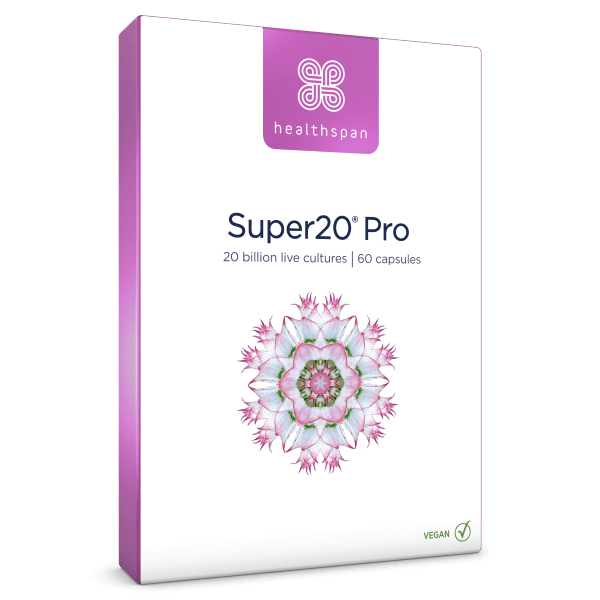Find out if there is a link between healthy gut bacteria and our body's response to cold and flu-like viruses.
Scientists are increasingly focusing on the link between our immune system and our gut. It's now even recognised that the 'friendly' lactic-acid producing bacteria within our large bowel may even help to protect us against respiratory infections such as the common cold and flu.
This may seem surprising until you realise that as much as 70 per cent of our entire immune system is found within the lining of the intestines, in what is known as our gut-associated lymphoid tissue (GALT).1 What's more, around 80 per cent of all our antibody-producing immune cells primarily live within this tissue, which form pale areas throughout the gut lining known as Peyer's patches. While we sleep, the immune cells that patrol our body (especially T-lymphocytes) also return to our lymph system for priming against any new infections and forming immune memories.2
Gut bacteria provide important stimulation to help keep our immune system working optimally - both in protecting us against infections and in regulating how we respond to potential allergens. Probiotics can help to support this gut bacteria.
The common cold
Over 200 different species of virus can cause symptoms of the common cold, of which the most prevalent are rhinoviruses (which target the nose), respiratory enteroviruses (which can cause cold symptoms alongside gut symptoms such as a loose bowel) and coronaviruses. These three types together account for most common colds. Children can experience as many as eight to 12 infections per year, while adults are typically infected two to three times per year.3
The effect of probiotic supplements on colds
Research involving 2,417 children up to the age of 10 found that taking probiotic supplements significantly reduced the chance of developing a fever, cough, runny nose and middle ear pain compared with placebo. In those that did catch a cold, taking probiotic supplements shortened the duration of symptoms by around a day, reduced the need for antibiotics, and reduced the subsequent risk of catching another cold - all with no safety issues.4
When researchers analysed other studies involving 3,720 adults and children they concluded that, compared with placebo, taking a probiotic supplement reduced the chance of experiencing between 1 and 3 acute upper respiratory tract infections by 47 per cent, shortened the duration of respiratory symptoms by 1.89 days, and reduced both antibiotic prescription rates (by 35 per cent) and days off school.5
What about prebiotics?
Some forms of fibre selectively stimulate the growth of friendly digestive bacteria in the bowel. Known as prebiotic fibre (examples include fructo-oligosaccharides and inulin), these cannot be broken down and absorbed by less desirable gas-forming bowel bacteria, but can be used as a food source by our immune-stimulating, lactic acid-producing probiotic bacteria.
Choosing a probiotic supplement
The interactions between our immune system and our GALT are believed to be specific to individual strains of probiotic bacteria. When selecting a supplement, look for strains that are well characterised and researched, with specific names such as 'Lactobacillus acidophilus La-14' or 'Bifidobacterium lactis HN019', instead of plain Lactobacillus acidophilus or just Bifidobacterium lactis. For optimum benefit, choose a supplement that provides at least 3 different strains, as well as a known quantity of bacteria, such as 10 billion to 50 billion colony forming units (CFU) per dose.

Super20 Pro
Our best-selling probiotic
- 20 billion live cultures from 5 well-researched strains
- Contains Lactobacillus acidophilus, Lactobacillus paracasei, Bifidobacterium lactis and Bifidobacterium bifidum
- Supports the protective intestinal microflora in the gut






